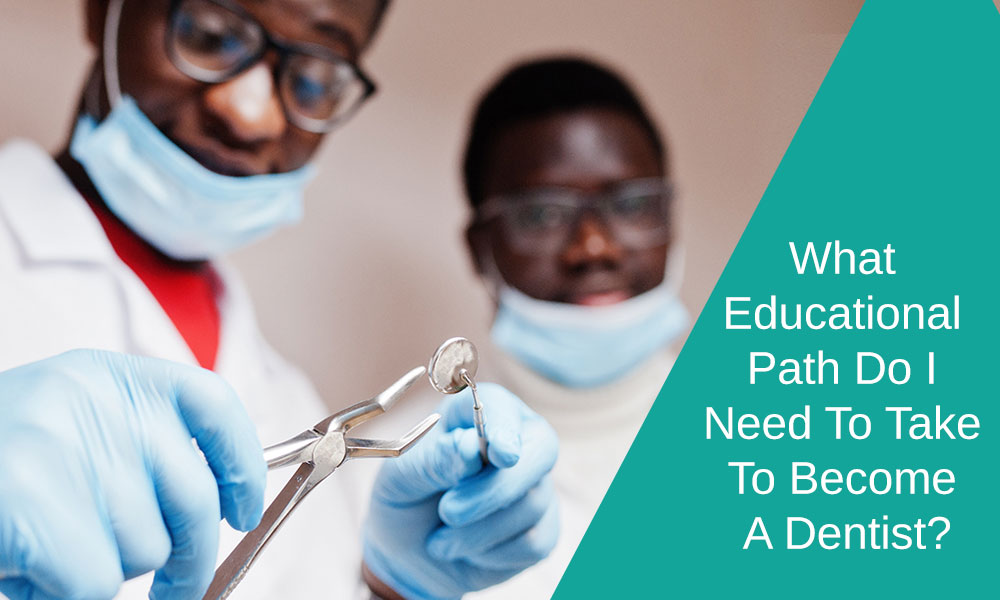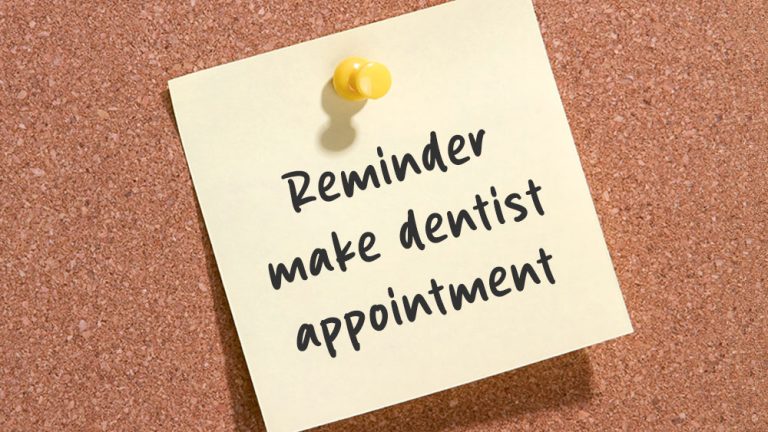
What educational path do I need to take to become a dentist?
Embarking on the journey to become a dentist is an exciting yet intricate process that requires careful planning and dedication. We will unravel the educational path to becoming a dentist, addressing key milestones, requirements, and considerations at each stage.
Understanding the Educational Path to Dentistry
Navigating the educational path to dentistry involves a series of well-defined steps, from high school preparation to dental school graduation. Understanding the journey is essential for aspiring dentists to make informed decisions and set realistic expectations.
Prerequisites for Dental School Admission
High School Preparation
High school sets the stage for a successful pursuit of dentistry. While not all high schools may offer specialized courses, focusing on a strong foundation in sciences, particularly biology and chemistry, is beneficial. Participating in extracurricular activities, such as science clubs or community service, showcases a commitment to learning and community engagement.
Undergraduate Requirements
Undergraduate requirements form the cornerstone of dental school admission. Dental schools typically look for a strong academic record, including a high GPA. Beyond grades, involvement in extracurricular activities, volunteer work, and exposure to healthcare settings contribute to a well-rounded application.
Earning a Bachelor’s Degree in Science
Chemistry
Earning a bachelor’s degree in chemistry offers a solid foundation for aspiring dentists. Chemistry is integral to understanding dental materials and the chemical aspects of oral health. Courses in inorganic and organic chemistry provide essential knowledge. Additionally, participating in undergraduate research or internships enhances practical skills.
Physics
While physics is not a prerequisite for all dental schools, it can add depth to an aspiring dentist’s education. Physics concepts are applicable to dental radiography and various dental procedures. Understanding principles like force, motion, and energy contributes to a comprehensive skill set.
Biology
A bachelor’s degree in biology is a popular choice among aspiring dentists. Biology provides a thorough understanding of life sciences, including anatomy and physiology. Courses in microbiology are particularly relevant to dentistry. Practical experiences, such as shadowing or internships in dental offices, further enrich the educational journey.
Dental Admission Test (DAT)
Importance of the DAT
The Dental Admission Test (DAT) is a critical component of the dental school application process. It assesses an applicant’s academic proficiency, perceptual ability, and scientific understanding. Dental schools use DAT scores to evaluate candidates, making it imperative for aspiring dentists to perform well.
Preparing for the DAT
Preparing for the DAT requires a strategic approach. Utilize DAT study materials, practice tests, and review courses. Time management is key during the exam, so incorporating timed practice sessions is beneficial. Seek guidance from mentors or professionals who have successfully navigated the DAT.
Dental School Application Process
Letters of Recommendation
Letters of recommendation play a pivotal role in dental school applications. Seek recommendations from professors, healthcare professionals, or employers who can attest to your academic prowess, work ethic, and interpersonal skills. Ensure diversity in your recommendations to provide a holistic view of your capabilities.
Personal Statement
Crafting a compelling personal statement allows you to articulate your passion for dentistry. Highlight personal experiences, challenges overcome, and the driving force behind your pursuit. Use this platform to stand out and convey your unique qualities to admissions committees.
Dental School Curriculum
Preclinical and Clinical Training
The dental school curriculum is a blend of preclinical and clinical training. Preclinical courses focus on foundational knowledge, while clinical training introduces hands-on patient care. Exposure to various dental specialties allows students to discover their areas of interest.
Specializations and Electives
Dental schools often offer specializations and elective courses, providing students with the opportunity to tailor their education. Specializations range from pediatric dentistry to oral surgery, allowing aspiring dentists to explore diverse career paths within the field.
Clinical Experience and Internships
Gaining clinical experience and participating in internships during dental school are important for skill development. Hands-on experiences in dental clinics or hospitals expose students to real-world scenarios, preparing them for the challenges of professional practice.
Licensing and Certification
Upon completing dental school, aspiring dentists must obtain licensure to practice. Licensing requirements vary by state but generally involve passing the National Board Dental Examination (NBDE) or a similar state examination. Additionally, obtaining certification in specific dental specialties can enhance career opportunities.
Postgraduate Options
Postgraduate options allow dentists to further specialize or advance their skills. Advanced training, residencies, or fellowships offer opportunities to delve deeper into specific areas of dentistry. These experiences can lead to increased expertise and career advancement.
Frequently Asked Questions
How long does it take to become a dentist?
The timeline to become a dentist varies. It typically includes four years of undergraduate education, four years of dental school, and additional time for postgraduate training if pursued. The total duration can range from 8 to 10 years.
What are the costs associated with dental education?
The costs of dental education encompass tuition, fees, textbooks, and living expenses. On average, dental school tuition can range from $30,000 to $100,000 per year. Financial aid, scholarships, and loans are common avenues to manage these costs.
Are there scholarships available for dental students?
Yes, numerous scholarships are available for dental students. Dental associations, private organizations, and dental schools offer financial assistance. Scholarships may be based on academic merit, financial need, or specific criteria set by the awarding institution.
Important Notes
Embarking on the educational journey to become a dentist demands dedication, resilience, and strategic planning. From high school preparation to postgraduate options, each phase contributes to the development of a skilled and compassionate dental professional. Noting the different types of dentist is also important for your career. By understanding the prerequisites, excelling in undergraduate studies, navigating the DAT, and embracing clinical experiences, aspiring dentists pave the way for a fulfilling and impactful career in dentistry.



